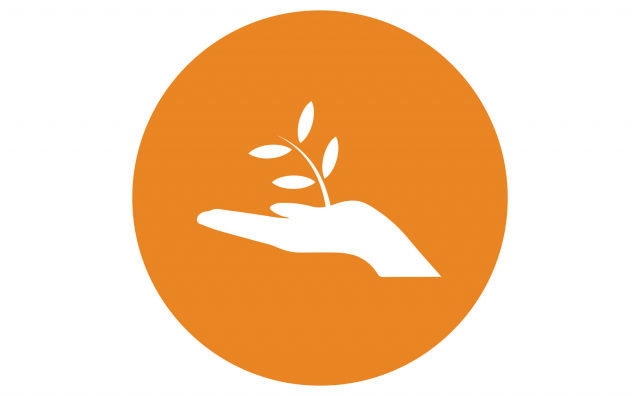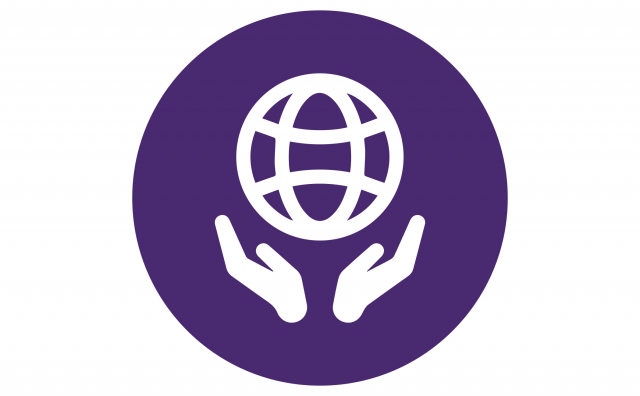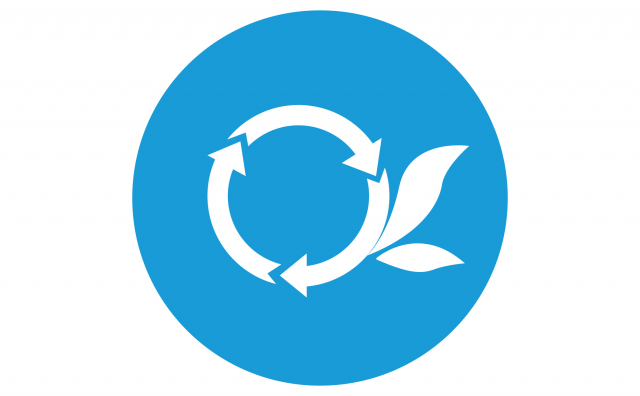*** The leadership of the Penn State ecology community has prepared the following statement about the continuing need to address racism and injustice in our society:
The Penn State Ecology Institute brings together faculty, students, postdoctoral scholars, and stakeholders to drive innovation in ecology-based research and training. Our approach is interdisciplinary, drawing on the diverse skills and perspectives in our research community. We also engage with other disciplines, including geosciences, geography, sociology, ethics, policy, decision analysis, economics, landscape architecture, and anthropology. Together, we are working to address the most defining challenges in contemporary ecology. Come see, come learn, come explore with us.





